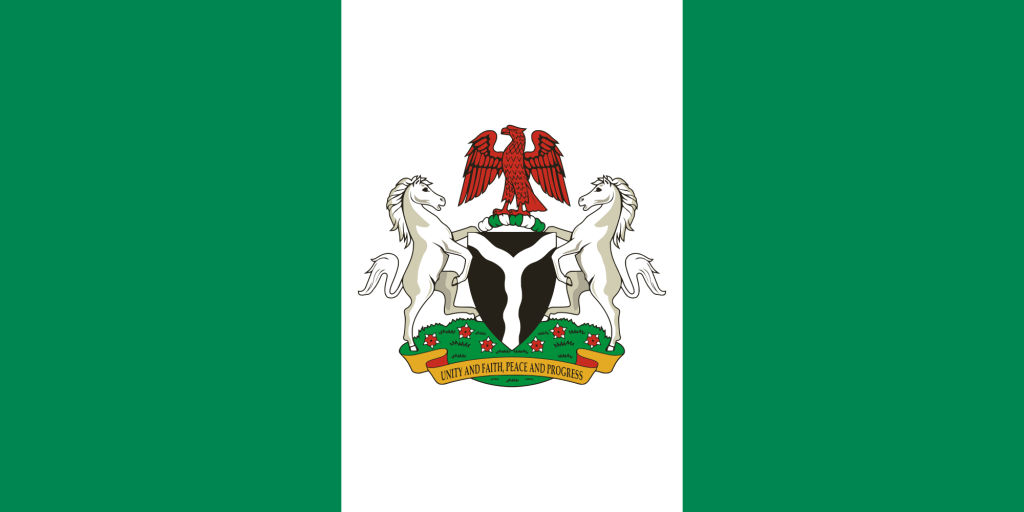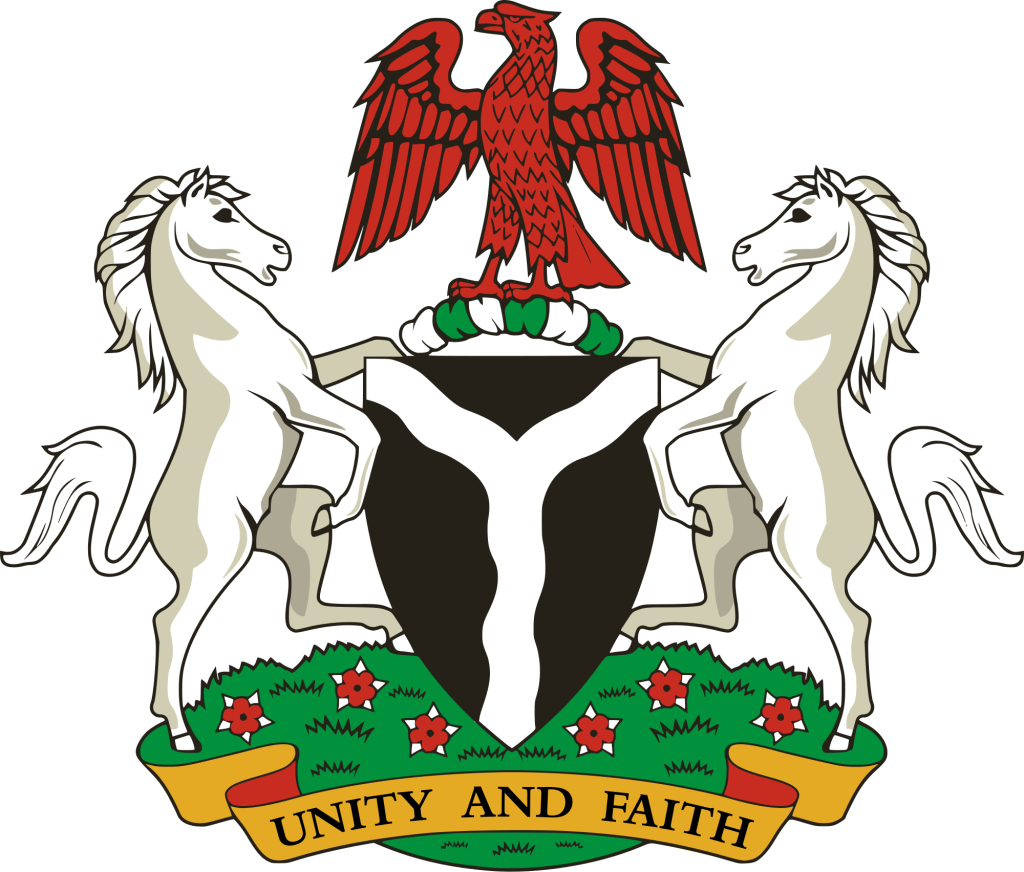
National Symbols and Identity of Nigeria: Meaning and Importance
Every nation has symbols that represent its history, culture, and values. In Nigeria, national symbols play a crucial role in fostering unity, patriotism, and national identity among its diverse people. These symbols serve as reminders of the country’s journey, achievements, and aspirations. In this hall, we’ll study the Nigeria’s national symbols, their meanings, and their importance in shaping national identity.
READ ALSO
What Are National Symbols?
National symbols are official emblems or representations that reflect a country’s heritage, values, and sovereignty. These symbols help create a sense of belonging, loyalty, and unity among citizens.

In Nigeria, key national symbols include:
- The National Flag
- The Coat of Arms
- The National Anthem
- The National Pledge
- The Naira (Currency)
- The National Flower (Costus Spectabilis)
Each of these symbols has a deep meaning and significance in Nigeria’s history and national identity.
The National Symbols and identity of Nigeria
1. The Nigerian National Flag
The Nigerian flag is one of the most recognized symbols of the country’s sovereignty. It was designed by Michael Taiwo Akinkunmi in 1959 and officially adopted on October 1, 1960, when Nigeria gained independence.

Design and Meaning:
- Green represents agriculture and natural wealth.
- White symbolizes peace and unity.
The Nigerian flag is a symbol of patriotism and must be treated with respect and dignity. It is flown during national events, international gatherings, and at government institutions.
2. The Coat of Arms of Nigeria
The Nigerian Coat of Arms represents the strength, unity, and rich cultural heritage of the country.
Key Features and Their Meanings:
- The Black Shield – Stands for Nigeria’s fertile soil.
- The Wavy White Lines – Represent the Niger and Benue Rivers, which are Nigeria’s main waterways.
- The Two Horses (Supporters) – Symbolize dignity and strength.
- The Eagle (Crest) – Represents pride and sovereignty.
- The Green and White Wreath – Symbolizes Nigeria’s rich agricultural resources.
- The Yellow Flowers (Costus Spectabilis) – Nigeria’s national flower, representing the beauty of the land.
The Coat of Arms is seen on official documents, government buildings, and the presidential seal.
3. The Nigerian National Anthem
The National Anthem is a song that expresses Nigeria’s unity, patriotism, and hope for the future. The current anthem, “Arise, O Compatriots”, was adopted in 1978.
Meaning of the Anthem:
- Encourages patriotism and dedication to national service.
- Promotes peace, justice, and progress.
- Reminds citizens of their duties to the nation.
Standing and singing the anthem with respect is a sign of national pride and unity.
4. The Nigerian National Pledge
The National Pledge is a declaration of loyalty and commitment to Nigeria. It is often recited by school children and during national ceremonies.
Importance of the National Pledge:
- Encourages citizens to serve Nigeria with loyalty.
- Promotes obedience to the nation’s laws.
- Reinforces a sense of duty and patriotism.
5. The Nigerian Naira (₦) – National Currency
The Naira (₦) is the official currency of Nigeria, introduced in 1973 to replace the British Pound.
Significance:
- Represents Nigeria’s economic identity and independence.
- Strengthens national pride in trade and commerce.
- Features images of Nigerian leaders and historical figures, promoting national heritage.
6. The National Flower – Costus Spectabilis
Nigeria’s national flower, Costus Spectabilis, is a beautiful yellow flower found across the country. It symbolizes the beauty and diversity of Nigeria’s natural resources.
The Importance of National Symbols in Nigeria and identity
1. Promoting National Unity
Nigeria is a diverse country with over 250 ethnic groups and 500 languages. National symbols help to create a sense of belonging and unity, reminding citizens that they are all part of one nation.
2. Preserving History and Culture
National symbols tell the story of Nigeria’s past. From the flag to the anthem, each symbol reflects the country’s struggles, victories, and vision for the future.
3. Encouraging Patriotism
Singing the national anthem, respecting the flag, and honoring the Coat of Arms inspire citizens to love and serve their country. National symbols encourage responsible citizenship.
4. Representing Nigeria Internationally
In global events like the Olympics, United Nations meetings, and international sports competitions, Nigeria’s national symbols distinguish the country from others. The flag, anthem, and Coat of Arms serve as official representations of the nation.
5. Strengthening National Identity
National symbols help Nigerians connect with their identity. They remind people of their shared heritage, cultural diversity, and common goals.
How to Show Respect for Nigeria’s National Symbols
To uphold the dignity of national symbols, citizens should:
- Stand and show respect when the national anthem is played.
- Treat the flag with dignity (do not let it touch the ground or be misused).
- Learn and understand the meaning of the national pledge.
- Handle the currency (Naira) with care and avoid defacing it.
- Promote Nigeria’s values by being responsible and patriotic citizens.
READ ALSO
Conclusion: Our Symbols, Our Identity
Nigeria’s national symbols are more than just images and songs—they represent our history, struggles, and unity. Whether it’s the flag waving high, the anthem playing at an international event, or the Coat of Arms on an official document, these symbols remind us of who we are as Nigerians.
By respecting and embracing these symbols, we strengthen our national identity and ensure that future generations continue to uphold the pride and unity of Nigeria.
What do Nigeria’s national symbols mean to you?
Share your thoughts in the comments! Let’s celebrate our identity together.
READ ALSO: Rights and duties of citizens in Nigeria – civic education
Revision Questions for Students
Five revision questions based on National Symbols and Identity of Nigeria:
- What are national symbols, and why are they important in Nigeria?
- Describe the meaning of the colors on the Nigerian flag.
- List three key features of the Nigerian Coat of Arms and explain their significance.
- Why is the Nigerian National Anthem important, and what values does it promote?
- How can citizens show respect for Nigeria’s national symbols?
